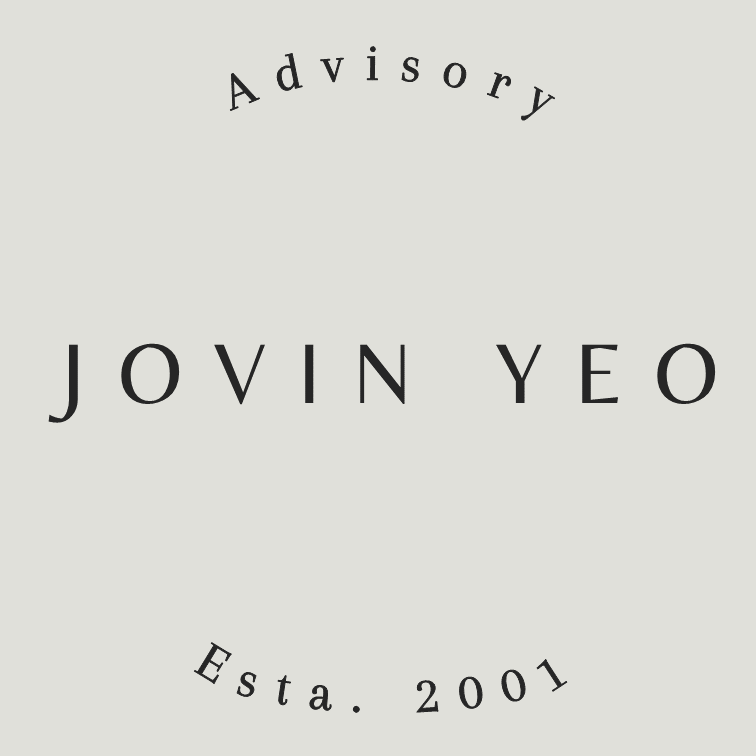Investing to grow one's wealth is almost absolutely necessary in today's world. Besides property, are there other options apart from such an illiquid, capital-intensive investment option?
A great investor is consistent over the long-run. They always learn from their mistakes, stay within their risk profiles, and are diligent to keep on learning. They are also great at keeping their emotions in check - not allowing themselves to be swayed by fear or greed. Neither are they of herd mentality - following what their friends or market trends say.
While some believe in luck, I would say luck is over-rated and washed out in the long run. Short-term gains can be attributed to luck, while staying the course through short-term volatility to enjoy long-term sustained profits are what seasoned investors are able to do.
In short, they are able to avoid the following pitfalls that amateur or beginner investors often commit.
1. Emotional Investing
Investing based on one's emotions is the main reason why so many are not able to break through their losses. Ever so often, they are driven by greed or fear and make decisions based on how they feel the market is currently performing - buying at market highs and selling at market lows. Other times, risks are highly underestimated, resulting in poor decisions being made.
2. Timing the market
Guessing when the market will go up and down based on expected price fluctuations is almost like closing your eyes to pick something to invest in at random. This happens when overconfidence takes over sound investment strategy, and it is virtually impossible to reap any good rewards in the long run.
3. Failure to rebalance
As market conditions change quickly, it is necessary for one to rebalance their investment portfolios on a regular basis to keep their asset allocation in check and protect themselves against market volatility.
These pitfalls aside, still others are crippled by their fears and are unable to take a step towards investing because they find investing difficult. Yet, this overly cautious approach can also lead to one's income being eroded by ever-increasing inflation rates and expenses of today.
With these in mind, here are some important principles to help you kickstart your investment journey:
Let compound interest work its magic
How will a single lump sum investment of $100,000 look like?
| Investment Rate of Return | After 10 Years | After 20 Years | After 30 Years |
|---|---|---|---|
| 0% | $100,000 | $100,000 | $100,000 |
| 1% | $110,462 | $122,019 | $134,785 |
| 3% | $134,392 | $180,611 | $242,726 |
| 6% | $179,085 | $320,714 | $574,349 |
| 9% | $236,736 | $560,441 | $1,326,768 |
| 12% | $310,585 | $964,629 | $2,995,992 |
| 15% | $404,556 | $1,636,654 | $6,621,177 |
How will your regular investment of $20,000/year look like?
| Investment Rate of Return | After 10 Years | After 20 Years | After 30 Years |
|---|---|---|---|
| 0% | $200,000 | $400,000 | $600,000 |
| 1% | $209,244 | $440,380 | $695,698 |
| 3% | $229,278 | $537,407 | $951,508 |
| 6% | $263,616 | $735,712 | $1,581,164 |
| 9% | $303,859 | $1,023,202 | $2,726,151 |
| 12% | $350,974 | $1,441,049 | $4,826,654 |
| 15% | $406,074 | $2,048,872 | $8,694,903 |
| Total amount invested | $200,000 | $400,000 | $600,000 |






